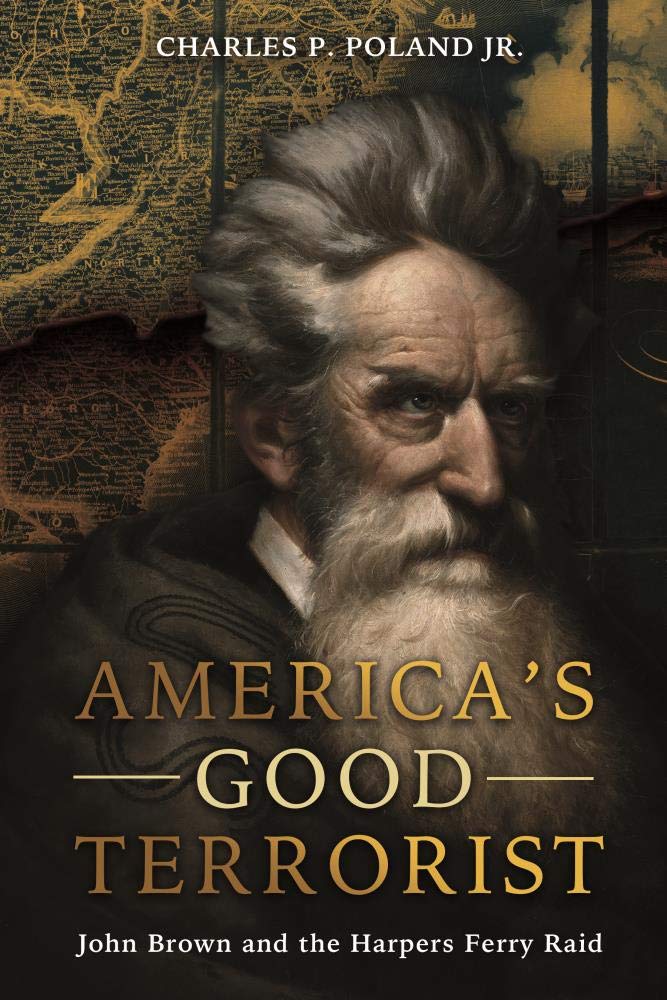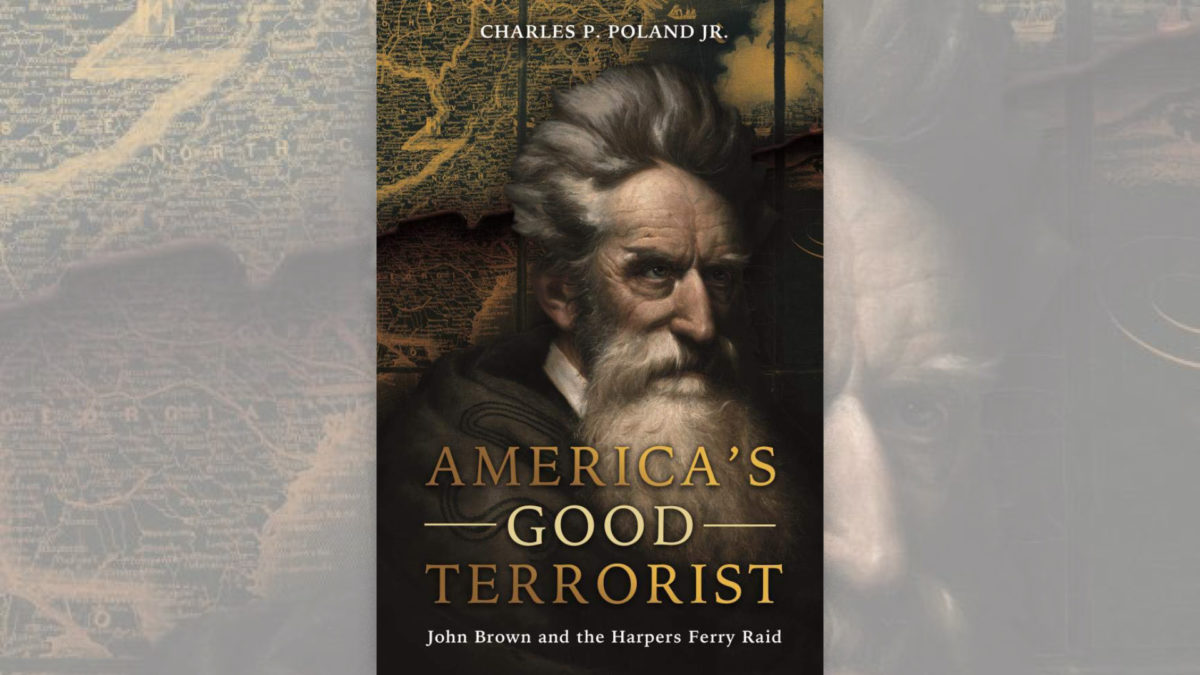In associating John Brown’s traits with the current meaning of terrorist, he measures up to the profile. He was an American abolitionist leader who fought in Kansas Territory and led a small band that captured the federal arsenal at Harpers Ferry in October 1859. Brown was hanged two months later; in the North he became a martyred hero.
Charles Poland’s 336-page narrative chronicles Brown’s life comprehensively, with a noticeable focus on his attempt to aid Southern slaves. The author examines the personality and characteristics of this “Good Terrorist” in order to comprehend his life and motivations.
The author traces Brown’s involvement in Bleeding Kansas in the 1850s and, most important, how he came to believe that violence was a way to ending slavery. He then examines Brown’s travels through the Northeast to find sponsors for his proposed liberation army. Even Frederick Douglass, though, opposed raiding Harpers Ferry. The author offers a fascinating review of Brown’s taking of the arsenal and his capture by U.S. forces under Colonel Robert E. Lee. Poland makes the point that Brown’s flawed preparation and poor leadership doomed the operation to failure.
Poland offers insightful observations on Brown’s legacy after Harpers Ferry. For instance, after Brown’s death, many abolitionists in the North embraced violence as a way to ending slavery.
America’s Good Terrorist is both captivating and rewarding—and a meticulous narrative of Harpers Ferry. It is excellent as history and quite appealing as biography.

America’s Good Terrorist
John Brown and the Harpers Ferry Raid
By Charles P. Poland Jr
This post contains affiliate links. If you buy something through our site, we might earn a commission.





